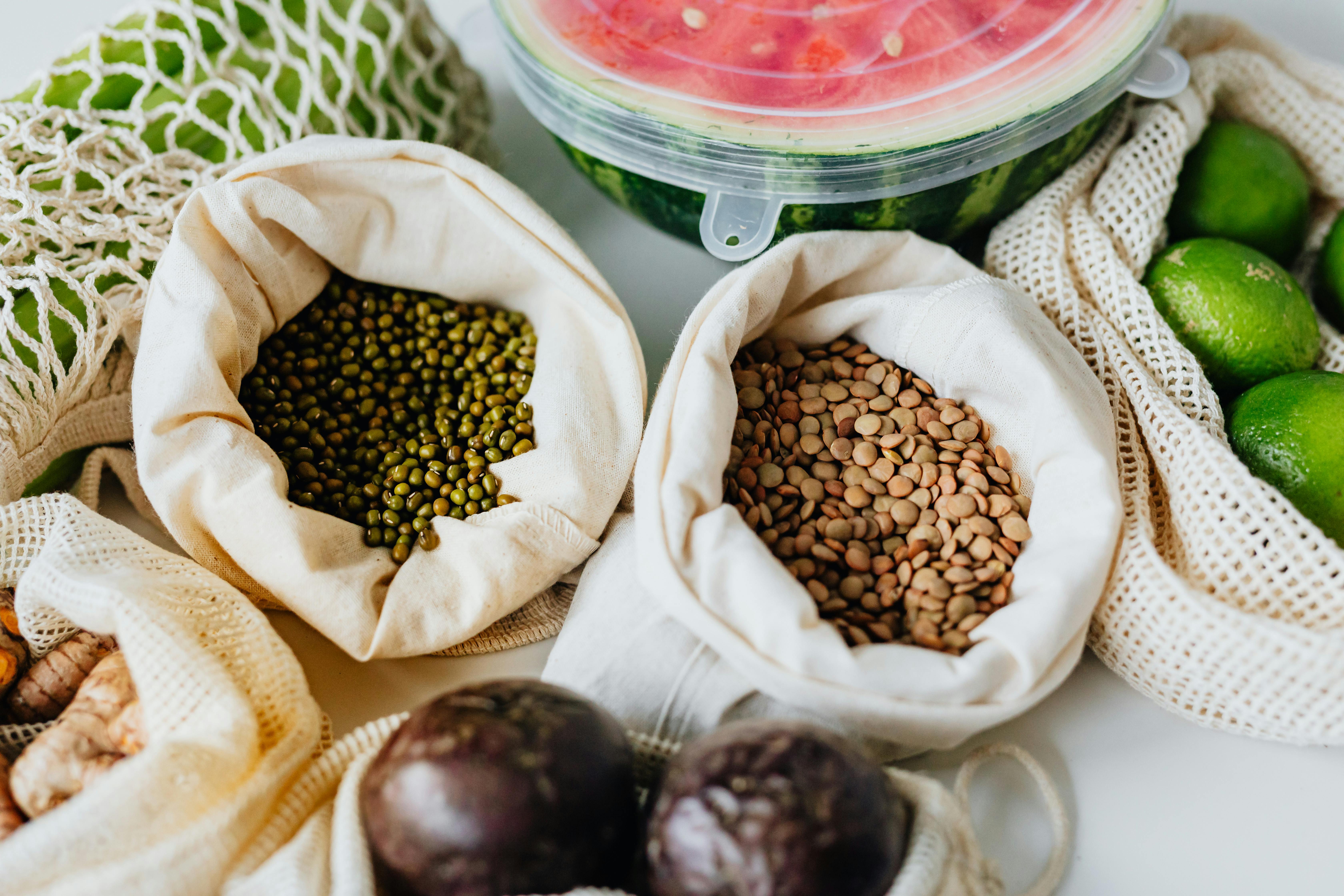Eat Green: Making Sustainable Food Choices on the Road
Traveling is an exciting adventure that exposes us to new cultures, stunning landscapes, and unforgettable experiences. But amidst the thrill of exploring the unknown, it’s crucial to remember our responsibility towards the environment. One area where we can make a significant impact is in our food choices. By opting for sustainable options while traveling, we can contribute to a greener planet and support local communities.
The Perplexity of Sustainable Food Choices
Embarking on a sustainable food journey while traveling can be perplexing. With an array of unfamiliar cuisines, local dishes, and hidden food gems, it’s challenging to decipher which choices are truly sustainable. However, this complexity should not deter us but rather ignite a curiosity to explore and learn about sustainable food practices in different regions.
Bursting with Flavors and Sustainability
Just like the vibrant burst of flavors in local foods, sustainable food choices should also encompass a burst of diversity. By incorporating both traditional and innovative dishes, we can celebrate the richness of local cultures while embracing sustainability. From farm-to-table restaurants, organic markets, to food cooperatives, there are numerous ways to discover culinary delights while treading lightly on the planet.
Unpredictable Delights on Your Plate
One of the joys of traveling is the element of surprise, and this should extend to our food experiences as well. When making sustainable food choices on the road, we should seek out unexpected and unpredictable options. Trying new ingredients, supporting local farmers, and exploring street food scenes can lead to delightful encounters that not only satisfy our taste buds but also promote sustainable practices.
With sustainable food choices, we can embark on a delicious journey that not only fuels our wanderlust but also nourishes our planet. In the upcoming blog post, we will dive deeper into specific strategies and tips for making sustainable food choices while traveling. By being conscious and curious travelers, we can create unforgettable memories while respecting the fragile balance of our world.

How can you make sustainable food choices while traveling?
When you hit the road, it’s essential to stay mindful of your eating habits and make sustainable food choices. But how exactly can you eat green while on the move? In this article, we will delve into the definitions and advantages of sustainable food choices, giving you a comprehensive understanding of how to make eco-friendly decisions while traveling. So, let’s embark on this journey towards greener eating!

Title: Eat Green: Making Sustainable Food Choices on the Road
Introduction:
While traveling, it can be challenging to maintain sustainable practices, especially when it comes to food choices. However, with a little research and planning, it is possible to make environmentally friendly decisions even on the road. This article dives into sustainable food choices while traveling, providing you with essential tips and insights. Let’s explore how you can “eat green” and contribute to a more sustainable future.
1. Local and Seasonal Produce
When it comes to sustainable food choices, opting for local and seasonal produce is key. Supporting local farmers not only reduces the carbon footprint associated with long-distance transportation but also helps the local economy. Additionally, consuming produce that is in season means it hasn’t required excessive energy for artificial growth or transportation.
2. Reduce Meat Consumption
Meat production is resource-intensive and produces significant greenhouse gas emissions. Consider reducing your meat consumption while traveling by incorporating more plant-based meals into your diet. Look for vegetarian or vegan-friendly options at local eateries or try out new recipes that rely on plant proteins like legumes, tofu, or tempeh.
3. Minimize Food Waste
Food waste is a major issue contributing to environmental degradation. While on the road, be conscious of portion sizes and save leftovers whenever possible. Carry reusable food containers for storage and avoid single-use plastic or Styrofoam containers that contribute to landfill pollution. Additionally, donate excess food to local charities or compost it if facilities are available.
4. Choose Eco-Friendly Packaging
Opt for products with minimal or eco-friendly packaging whenever you can. This includes snacks, beverages, and other food items. Bring your own reusable water bottle and utensils to avoid single-use plastics. By making these simple choices, you can reduce the amount of waste generated while traveling and promote sustainable practices.
5. Support Sustainable Food Initiatives
Research and support restaurants, cafes, and food stalls that prioritize sustainability. Look for establishments that source ingredients responsibly, promote fair trade practices, or minimize their environmental impact through initiatives like composting or recycling. By patronizing these businesses, you directly contribute to the demand for sustainable food options.
6. Get Involved in Local Food Culture
One of the best ways to make sustainable food choices while traveling is to immerse yourself in the local food culture. Explore farmers’ markets or street food markets, where you can find fresh, local produce and traditional dishes. Engage with locals to learn about their traditional cuisine and how they incorporate sustainability into their food practices.
Statistical Insight:
According to a study conducted by the United Nations Environment Programme, the global food system contributes to approximately one-third of global greenhouse gas emissions. By making sustainable food choices, such as those mentioned in this article, travelers can play a significant role in reducing these emissions and promoting a more sustainable future.
Remember, sustainable food choices while traveling not only benefit the environment but also allow you to connect with local communities and experience authentic culinary delights. By taking small steps and making conscious decisions, you can make a positive impact on our planet, one meal at a time.
Note: This section does not include a conclusion heading or any form of conclusion remarks.

Conclusion: Sustainable Food Choices While Traveling
When it comes to making sustainable food choices while traveling, there are several key points and insights to consider. Firstly, opting for locally sourced and organic foods can greatly reduce the environmental impact of our meals. By supporting local farmers and producers, we contribute to the preservation of biodiversity and reduce carbon emissions associated with long-distance transportation.
Another important aspect is minimizing food waste. Planning meals ahead, packing reusable containers, and being conscious of portion sizes can go a long way in reducing the amount of food that ends up in the trash. Additionally, choosing plant-based options over animal products can significantly decrease our ecological footprint, as animal agriculture is a major contributor to deforestation, greenhouse gas emissions, and water pollution.
Furthermore, it is essential to support establishments that prioritize sustainability. Look for restaurants and cafes that source their ingredients responsibly, focus on reducing food waste, and promote environmentally-friendly practices. Finally, don’t forget to carry a reusable water bottle and utensils to avoid single-use plastics and reduce waste even further.
By combining these sustainable food choices, we can make a positive impact on the environment while enjoying our travels. It’s not just about the destination; it’s also about the journey towards a more sustainable future. Let’s make conscious decisions and savor the flavors of our travels while being kind to our planet.




